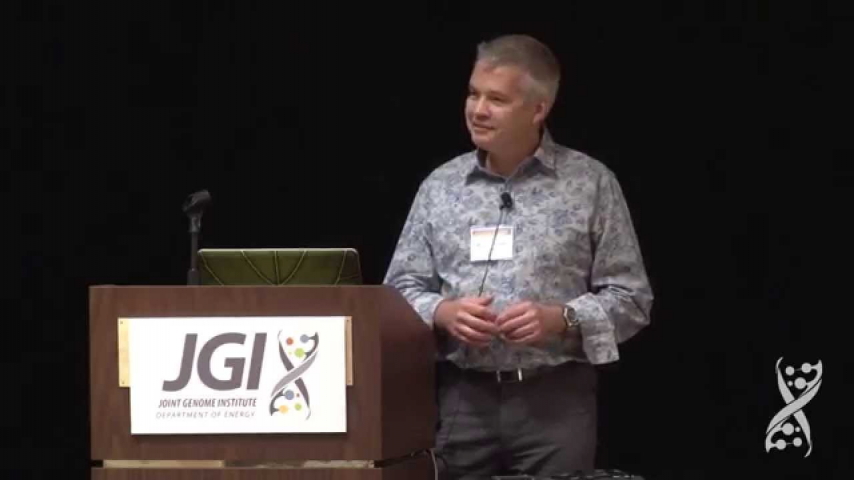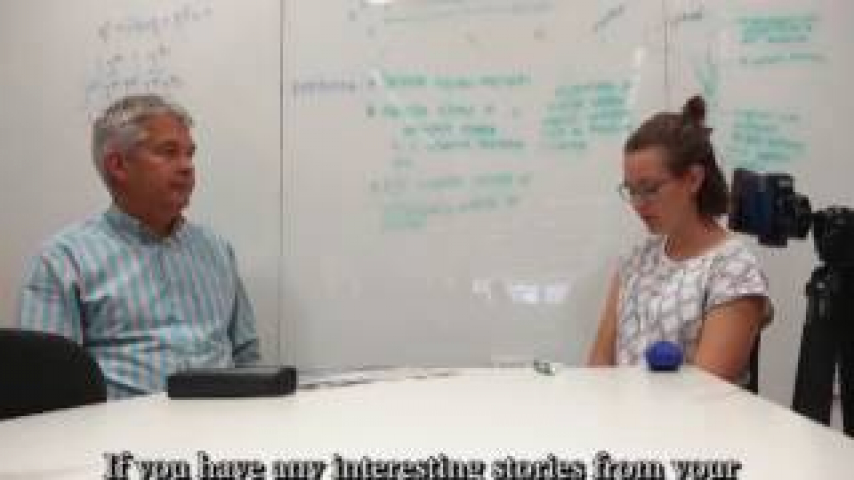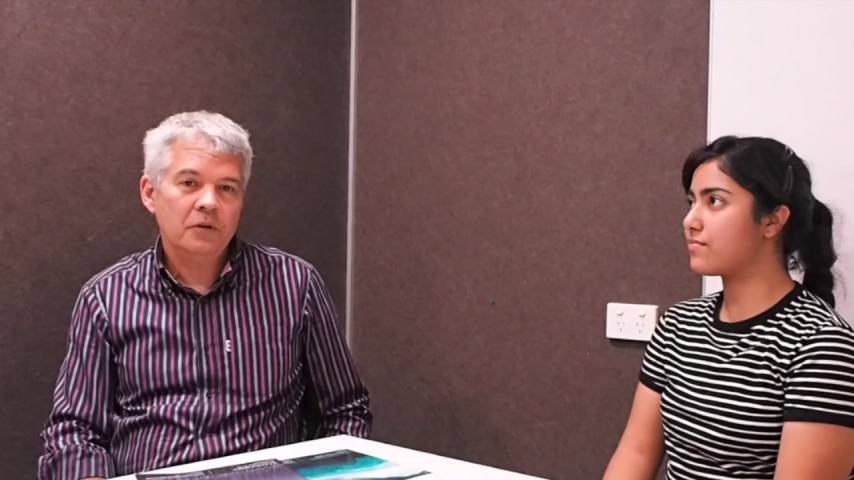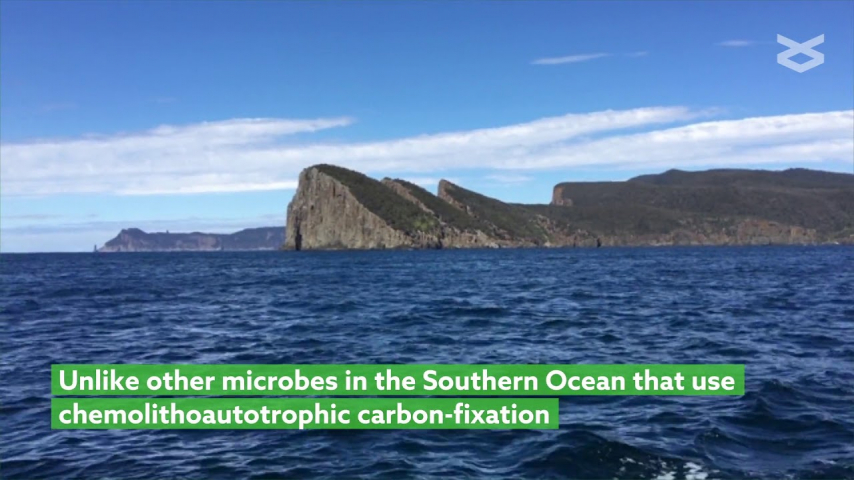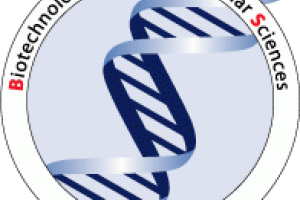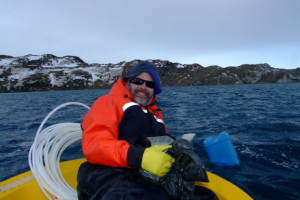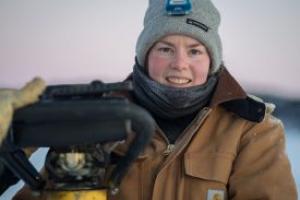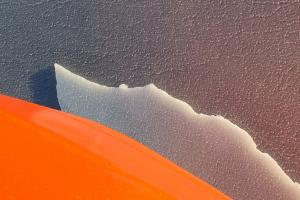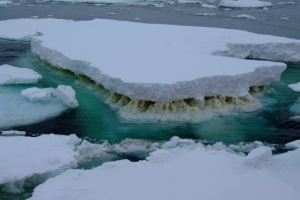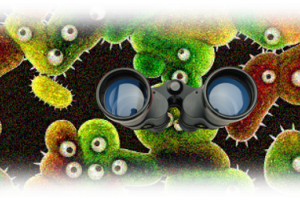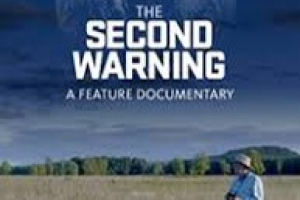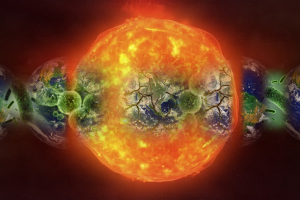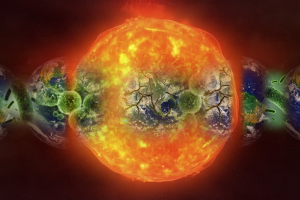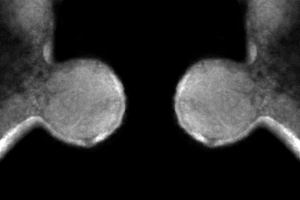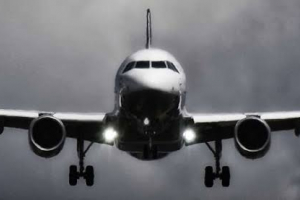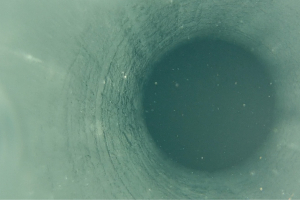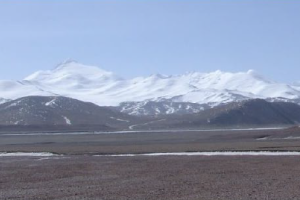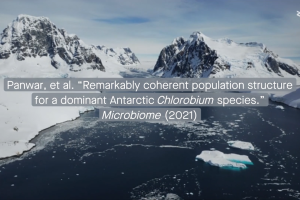
My Expertise
Molecular mechanisms of adaptation and microbial ecology of Antarctic aquatic microorganisms.
Fields of Research (FoR)
Microbiology, Microbial Ecology, Genomics, Proteomics and Intermolecular Interactions (excl. Medical Proteomics), Evolutionary Biology, Biological Adaptation, Microbial Genetics, Ecological Impacts of Climate ChangeSEO tags
Biography
About Me
Biography
My research area is environmental microbiology. I study Antarctic microorganisms, discovering which types live in and around Antarctica, learning how they evolve and grow in the cold, and assessing how they are likely to respond to ecosystem changes, including climate change. I have a special interest in Archaea – the third domain of life. The research is important because environmental microbes enable all other life forms...view more
About Me
Biography
My research area is environmental microbiology. I study Antarctic microorganisms, discovering which types live in and around Antarctica, learning how they evolve and grow in the cold, and assessing how they are likely to respond to ecosystem changes, including climate change. I have a special interest in Archaea – the third domain of life. The research is important because environmental microbes enable all other life forms on Earth to exist, and the vast majority of life on the planet grows at low temperatures.
Education
- University of California, Los Angeles, CA, USA. Postdoctoral Fellow. 1991 – 1994. Molecular Microbiology
- University of New England, Armidale, NSW, Australia. Ph.D. 1992. Molecular Microbiology
- James Cook University, Townsville, Qld, Australia. M.Sc. 1986. Microbiology
- James Cook University, Townsville, Qld, Australia. B.Sc. (Hons). 1984. Microbiology
- James Cook University, Townsville, Qld, Australia. B.Sc. 1983. Chemistry/Biochemistry
Research
Research Goals
- Determine what types of microbes are present in Antarctica and how diverse and unique they are.
- Determine what processes Antarctic microbes perform, and how this affects ecosystem function.
- Determine what interactions occur within communities, and how this affects ecosystem function.
- Determine how gene exchange occurs, influences speciation, and enables dominance to arise.
- Determine what factors control microbial biogeography in Antarctica.
- Determine how Antarctic nanohaloarchaea interact with haloarchaea using a model system to study symbiosis in DPANN archaea.
- Assess in what ways human activities (including climate change) impact Antarctic microbes and ecosystem function.
Research in Detail
My group recognizes the global importance of key and yet understudied environmental microbial groups, including cold-adapted Archaea. We choose model organisms to study and forge a new understanding of the molecular basis of adaptation through integrated studies of microbial physiology and ecology, protein biochemistry, genomics, proteomics and transcriptomics. This laboratory experimental approach flows on to environmental studies where we use approaches such as metagenomics and metaproteomics to examine whole Antarctic ecosystems (lake and Southern Ocean communities). The field-based projects have led to unexpected and novel insights about Antarctic microorganisms. The ‘peculiarities’ discovered have raised awareness of just how little is understood and how much remains to be learned about Antarctic biology.
The research has relevance because Antarctica is arguably the world’s most important continent for influencing the Earth’s climate and global ocean ecosystem. The uniqueness and sensitivity of Antarctica particularly demands that we rapidly improve our understanding of its biology. More so, most (~85%) of life on Earth lives at cold temperatures, and yet little is known about how the resident microbial communities drive critical biogeochemical processes (e.g. carbon cycle) that help to maintain the planet in a habitable state. The new insight we and other international groups of scientists are obtaining is timely as it is remedying critical gaps in our knowledge about Antarctic biology and has the potential to influence policy development aimed at mitigating and adapting to environmental change.
Selected articles
- Yau S et al. 2011, ‘Virophage control of Antarctic algal host–virus dynamics’ Proc Natl Acad Sci USA 108: 6163-6168.
- DeMaere MZ et al. 2013, ‘High level of inter-genera gene exchange shapes the evolution of haloarchaea in an isolated Antarctic lake’, Proc Natl Acad Sci USA110: 16939-16944.
- Wilkins D et al. 2013, ‘Advection shapes Southern Ocean microbial assemblages independent of distance and environment effects’, Nat Commun 4: 2457.
- Cavicchioli R. 2015. 'Microbial ecology of Antarctic aquatic systems'. Nat Rev Microbiol 13: 691–706.
- Erdmann S et al. 2017. plasmid from an Antarctic haloarchaeon uses specialized membrane vesicles to disseminate and infect plasmid-free cells'. Nat Microbiol 2: 1446–1455.
- Tschitschko B et al. 2018. 'Genomic variation and biogeography of Antarctic haloarchaea'. Microbiome 6: 113.
- Cavicchioli R et al. 2019. 'Scientists' warning to humanity: microorganisms and climate change'. Nat Rev Microbiol
- Hamm JN et al. 2019. 'Unexpected host dependency of Antarctic Nanohaloarchaeota'. Proc Natl Acad Sci USA
Research Grants
- ARC Discovery grant. 2017 – 2021. Antarctic virus-host interactions.
- ARC Discovery grant. 2015 – 2019. How do microbes grow in high salt at very cold temperatures?
- US Department of Energy Joint Genome Institute Community Science Program grant. 2015 – 2019. Seasonal variation in Antarctic microbial communities: ecology, stability and susceptibility to ecosystem change.
Current Student Projects
- Metagenomics of Antarctic microbial communities – Pratibha Panwar (PhD)
- Genomic reconstruction of a novel lineage of Antarctic haloarchaea – Josh Hamm (PhD)
- Taxonomy of microorganisms in uncharacterized Antarctic lakes – Sabrina Haque (MSc)
- Characterization of the evolution of Antarctic haloarchaea – Evan Landers (PhD)
Supervision Opportunities/Areas
Future students with an interest in undertaking Honours, MPhil, MSc or PhD studies within the stated Research Goals should contact me to discuss. Senior members of the group involved in supervision include Dr Timothy J. Williams, Dr Michelle A. Allen and Dr Liang Shen (Visiting Scholar). Specific projects available include:
- grow and isolate new strains and previously uncultivated lineages of Antarctic life
- study how and why microbes interact (e.g. host-virus, host-parasite, host-host)
- identify microbial taxa present and the functions they perform in Antarctic lakes
- study temporal changes (e.g. seasonal) and biogeographic distinctions in microbial populations
- study genomic variation to determine what causes variation, what genes vary and why they vary
Advice for prospective students
Hons/MPhil/MSc/PhD/undergrad-project/volunteer studies provide opportunities for students to gain experience and achieve high level qualifications in research-based science. An inherent part of performing research is to probe the unknown – exploring and discovering to provide clarity to often complex, intricate and certainly novel areas of science. Within the overarching Research Goals, there are a broad range of research topics available for students to pursue their interests, express their individual aptitude, and grow and develop as scientists. Guided by prior achievements and access to novel data and resources, as well as state of the art facilities, students will perform strong hypothesis driven investigations, while keeping a sharp eye open for serendipitous discovery. Projects are tailored to individuals on the basis of being provided ‘sufficient rope to explore but not too much to hang yourself'. New students are typically linked to other established members of the group, providing support spanning from the conceptual framework of their studies through to the lab-bench, computer-console and field-work ‘coal faces’ of the research. Students interested in interacting in a multi-disciplinary environment with a multi-national cohort of students, staff and scientific collaborators, should get in touch with me to discuss a future in environmental microbiology and Antarctic research.
Teaching and Outreach
Courses I teach
- MICR3621: Microbial Genetics Advanced (Course convenor)
- BABS3021: Microbial Genetics (Course convenor)
Professional affiliations and service positions
- Journal Editorial Roles: Extremophiles (from 2004); The International Society of Microbial Ecology Journal (from 2007); Environmental Microbiology (from 2009); Applied and Environmental Microbiology (from 2014); Archaea (2007 - 2009); Microbes and Environments (2004 - 2008).
- Professional Societies: Australian Society for Microbiology (ASM); American Society for Microbiology (ASM); The International Society for Microbial Ecology (ISME); The Society for Applied Microbiology (SfAM).
Awards and Acheivements
- 2005 Frank Fenner Research Award: in recognition of distinguished contributions in any area of Australian research in microbiology by a scientist in a formative stage of their career
- 2011 Fellow of the Australian Society for Microbiology: recognition as an Australian microbiologist who has shown the highest level of achievement in the discipline
Contact
Follow
Publications
ORCID as entered in ROS
Videos
